Placebo: Ayurveda’s big guns – the science behind it
The word placebo has gained some bad rap in the past years and to some extent it is understandable because it is hard to measure. What cannot be measured does not exist – or is it so?
Before I continue explaining how placebo is something more powerful than you might think and therefore worth harnessing in healing and rejuvenating, I will give you a couple of examples.
Surgery is considered one of the most potent placebos. In fact, control trials have proved that knee placebo surgery is as efficient as the actual arthroscopic one. You get your knee open and sewn back together and you heal. Another example came to my awareness from a series of seminars I listened by a South African neurosurgeon Dr Jonathan Kuttner who, back in the days of apartheid had assisted a stomach cancer surgery. The man had been sent home after finding his stomach was mushy enough to expect him die in a few days of time. They stitched him up, didn’t bother to tell him what they did and sent him home with assumption that he had been properly operated. Dr Kuttner run into him by accident a few years later and found him in a perfectly healthy condition.
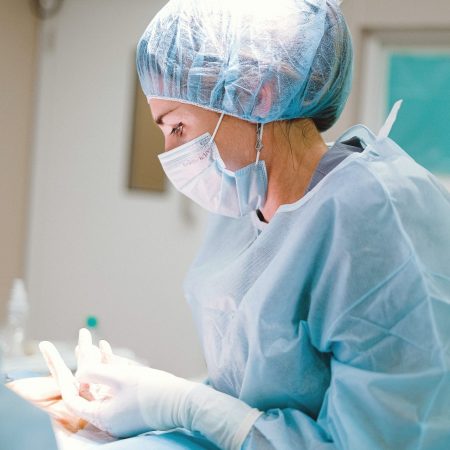
What is common for these cases is that the patient believed so strongly in the power of surgery that it triggered a response called self-regulation the body’s spontaneous ability to heal itself. Self-regulation is the direct consequence, cause and effect, of the feeling of safety. When we feel safe and comfortable, healing and repairing is the default setting of our system. That’s what happens with placebo.
Self-regulation happens when a patient goes on remission, spontaneous healing or also called radical healing. There’s nothing radical about this phenomenon. It is wired in us and it is within our reach to control it but it requires the involvement of a relaxed and comfortable mind and this is where it gets hard to measure.
Placebo effect is based on perception, on a belief that something is good for you. If you perceive something to be good to you, then your bodymind’s ability to benefit from that medicine or therapy is strong. Perception of good, safe and comfortable has a direct physiological consequence of relaxing the body.
The belief that we are safe makes vessel walls like blood, lymph and nerves relax. When we perceive comfort, our body circulates blood that carries nutrients and oxygen, drains the lymph for detoxification and conducts nerve impulses without interference. You go better for your number two, there’s not tightness and hardship but a profound feeling of satisfaction. All this is controlled by our autonomic nervous system (ANS).
ANS is triggered by the way we perceive our experiences. Our attitudes fluctuate between defence and safety with everything we encounter thus preparing the body to react either with defence or agreement. Both these states have a direct action on bodymind’s functions under the bonnet.
Whilst this is scientifically valid, it is still difficult to measure because we perceive our world differently moment to moment and context to context. Comfort, tolerance and stress levels make us react in a different way in any particular situation. Sometimes we are hyperreactive, sometimes nothing moves us.
In Ayurvedic practice context is everything. The placebo effect is taken seriously and harnessed to large extent in all healing. Safety and relaxation are cornerstones for successful outcomes. Our herbs and treatments do work without placebo effect, however, their action is significantly magnified if the bodymind is accepting the healing with full awareness.
The response of rejection can turn things around with regards to efficacy. When you perceive something is not right, your body tightens, and those vessels get narrower and less flexible to carry their contents around.
Let’s consider digestion as an example. If you eat under some sort of stress e.g. in anxiety, emotional upheavals and have butterflies in your stomach, your gut is less able to digest, propels the food down the gut and eventually push it out in a healthy form. Perception and the belief of what we perceive is crucial in how body digests, absorbs, eliminates, heals, regenerates and removes toxins. For example, if someone offers you a glass of milk, you drink it happily, you like it and then you’re told it is dog’s milk. You probably retch. The body rejects dog’s milk because of the idea of it. But, if you like the idea of dog’s milk retching is probably not the most likely response.

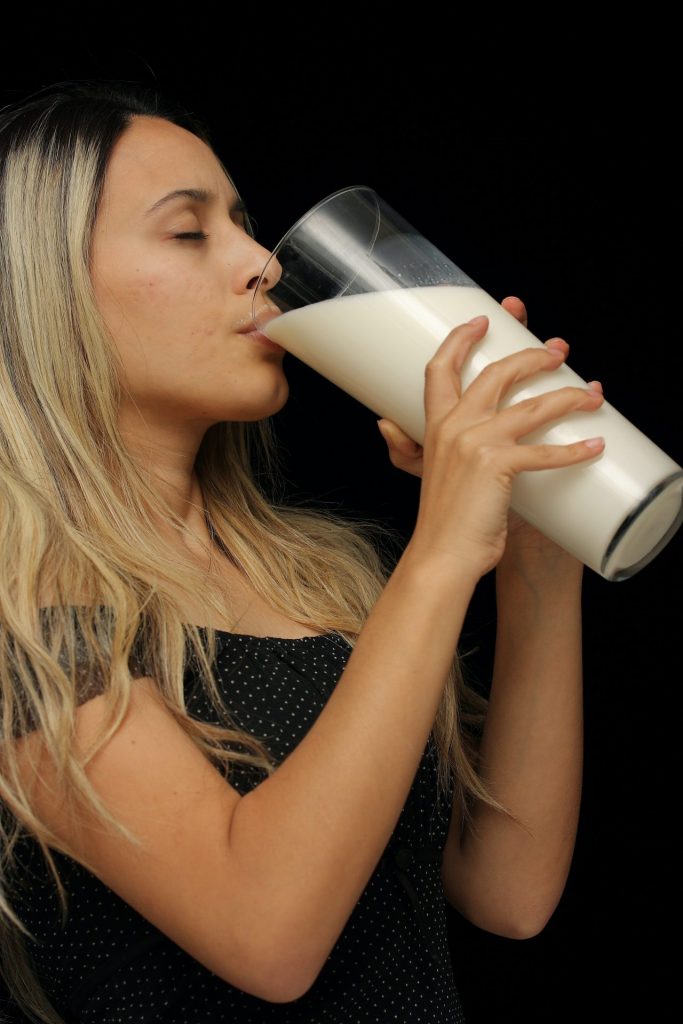
The response of rejection can turn things around with regards to efficacy. When you perceive something is not right, your body tightens, and those vessels get narrower and less flexible to carry their contents around.
Let’s consider digestion as an example. If you eat under some sort of stress e.g. in anxiety, emotional upheavals and have butterflies in your stomach, your gut is less able to digest, less able to propel the food down the gut and eventually push it out in a healthy form. Stress is the words enemy of the gut.
Perception and the belief of what we perceive is crucial in how body digests, absorbs, eliminates, heals, regenerates and removes toxins. For example, if someone offers you a glass of milk, you drink it happily, you like it and then you’re told it is dog’s milk. You probably retch. The body rejects dog’s milk because of the idea of it. But, if you like the idea of dog’s milk retching is probably not the most likely response.
All the modalities for healing in Ayurveda aim to magnify bodymind’s functionality to carry out healing and repairing, especially digestion as the gut is very sensitive to feelings by what we perceive. This is the reason why you should always enjoy tasty food that you love and make sure you take care of your stress levels.
Yoga, the sister science of Ayurveda and the most known practice to eradicate stress and to pursue relaxation is all about self-regulation. They come from the same philosophical background. Relaxation and surrender are an essential part of healing in both these systems and that’s where their magic lies
Truth be told, placebo is not magic at all. It is only our bodymind doing what it is supposed to be doing and it will do as long as you give it a chance. Eating whatever, whenever, drinking too much, bad timings for eating and sleeping, lack of sleep, trauma, stress and anxiety to name a few are the ones that slow down or stop self-regulation.
We should honour and employ our innate skill of healing and rejuvenating. Pursuing the placebo effect should be in the first place on the list of priorities in healing.
If relaxation feels difficult to achieve right here and now, Ayurveda offers simple yet effective practices, which guide your mind to a focused calm and your body to an ease of self-regulation:
- Timing your meals right (light breakfast, hefty lunch, early light dinner)
- Don’t snack, leave at least 4 hours between meals
- Sip hot water throughout the day
- Eat seasonal, organic and local foods
- Don’t exercise to exhaustion
- Slow down, especially your chewing
- Simplify life, especially food
- Go to sleep around 10
- Reduce blue light exposure (screens)
- Do at least one relaxation practice per day, or just be more mindful all the time
The scientific explanation of the power of safety and comfort in healing and the role of perception in regulating physiology are well studied by Dr Stephen Porges and Dr Bruce Lipton respectively. My personal interest in their works was born out of the need to build bridges between East and West. Their work honoured my essential interest in a complementary approach and a particular desire to explain yogic and ayurvedic healing with terms that are easily understood by my clients and patients. Hope this article has shed some light into the most powerful tool for healing: perception of safety and comfort. That’s all that placebo is.
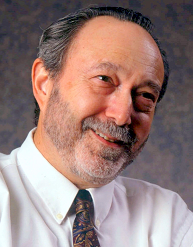
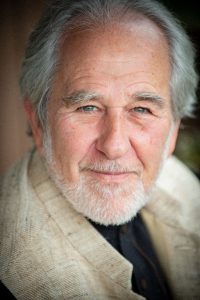

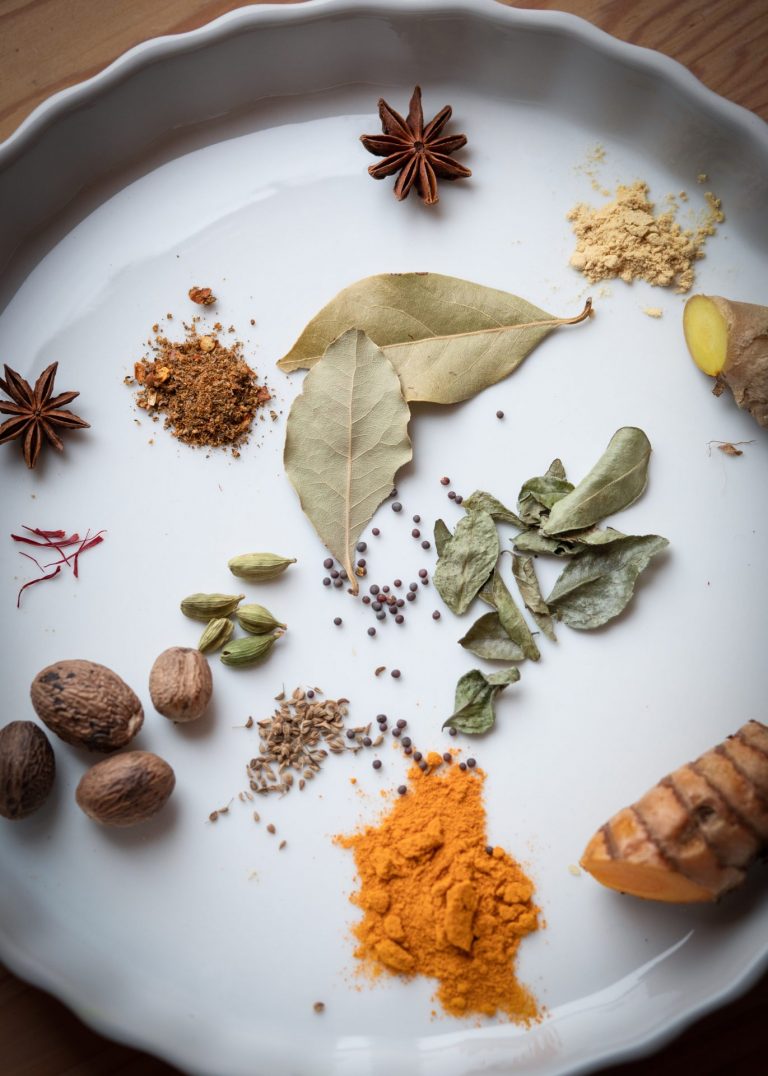
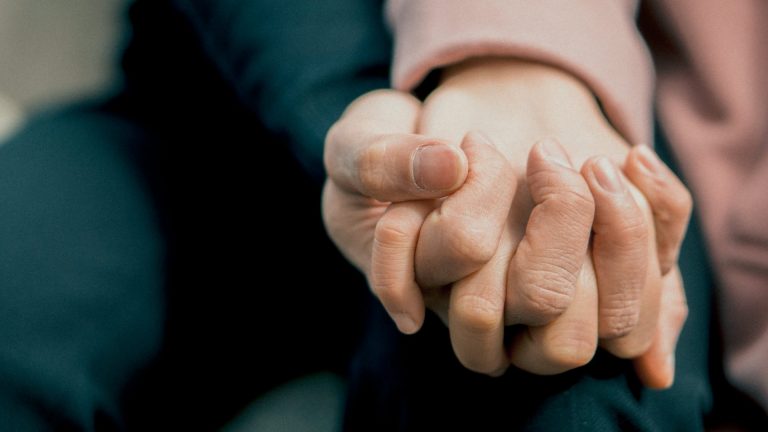
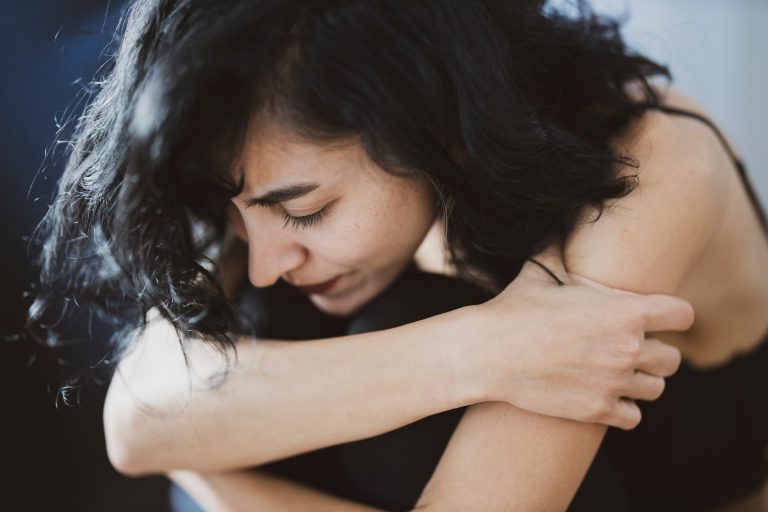

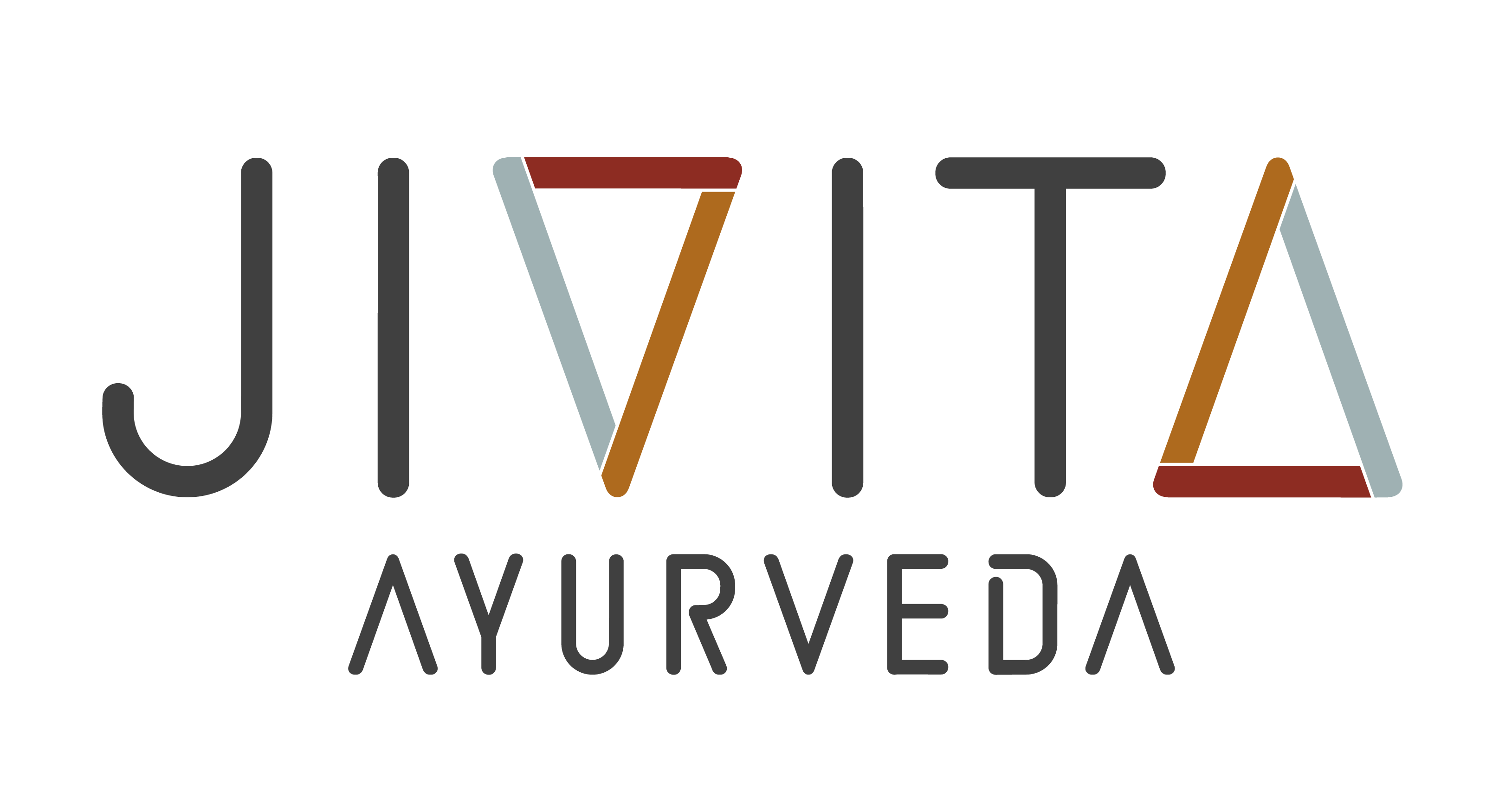
Leave a Reply
You must be logged in to post a comment.